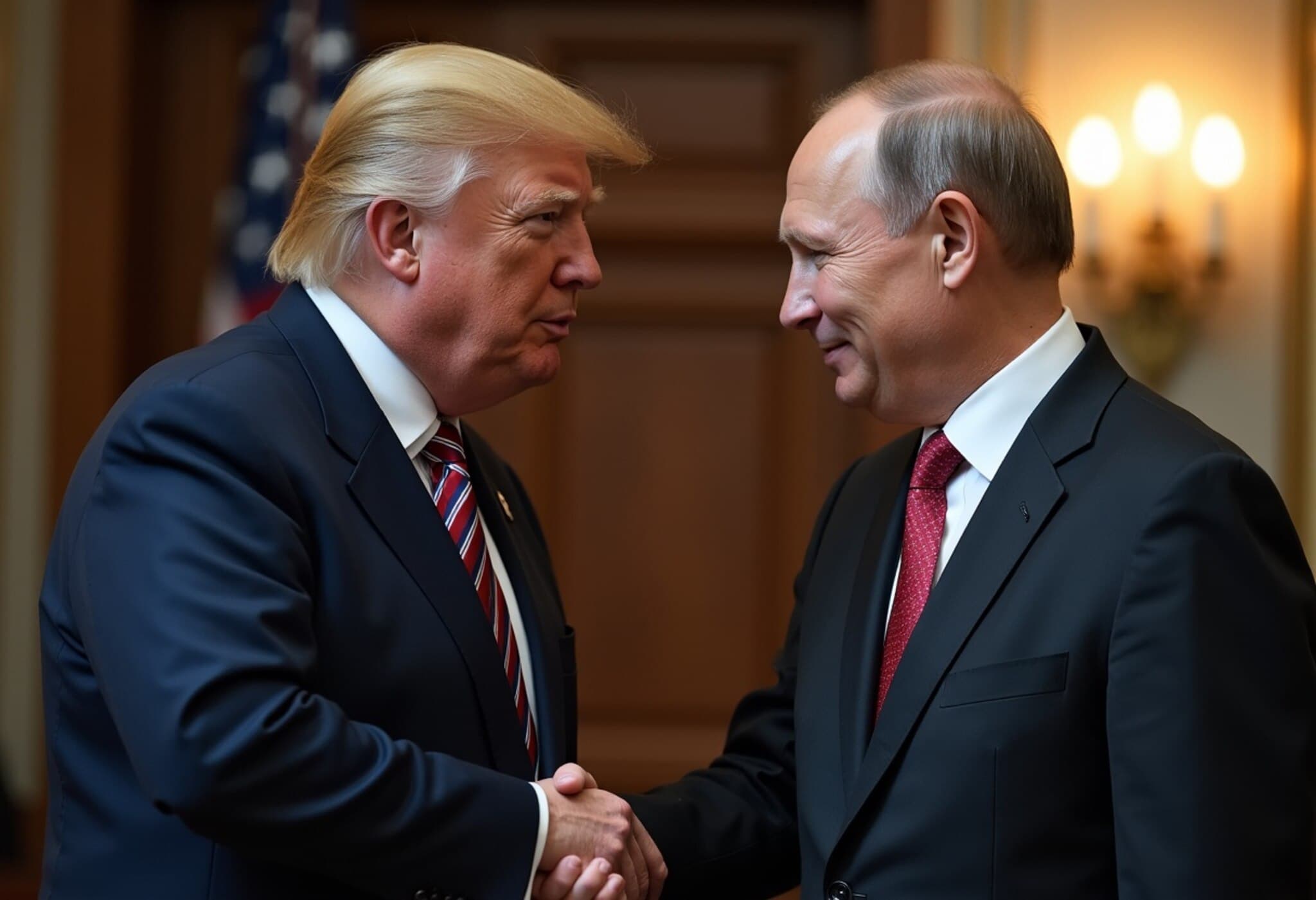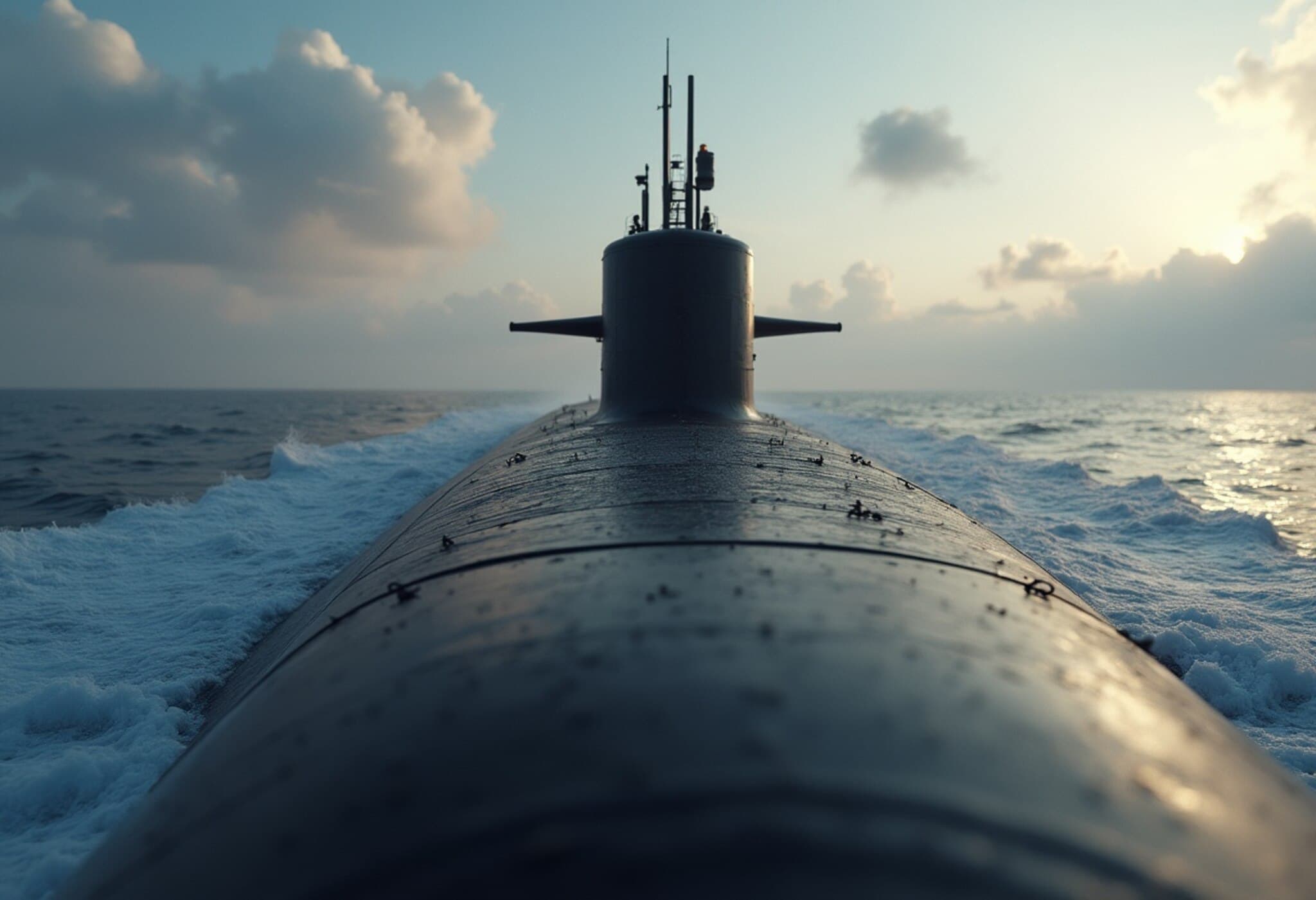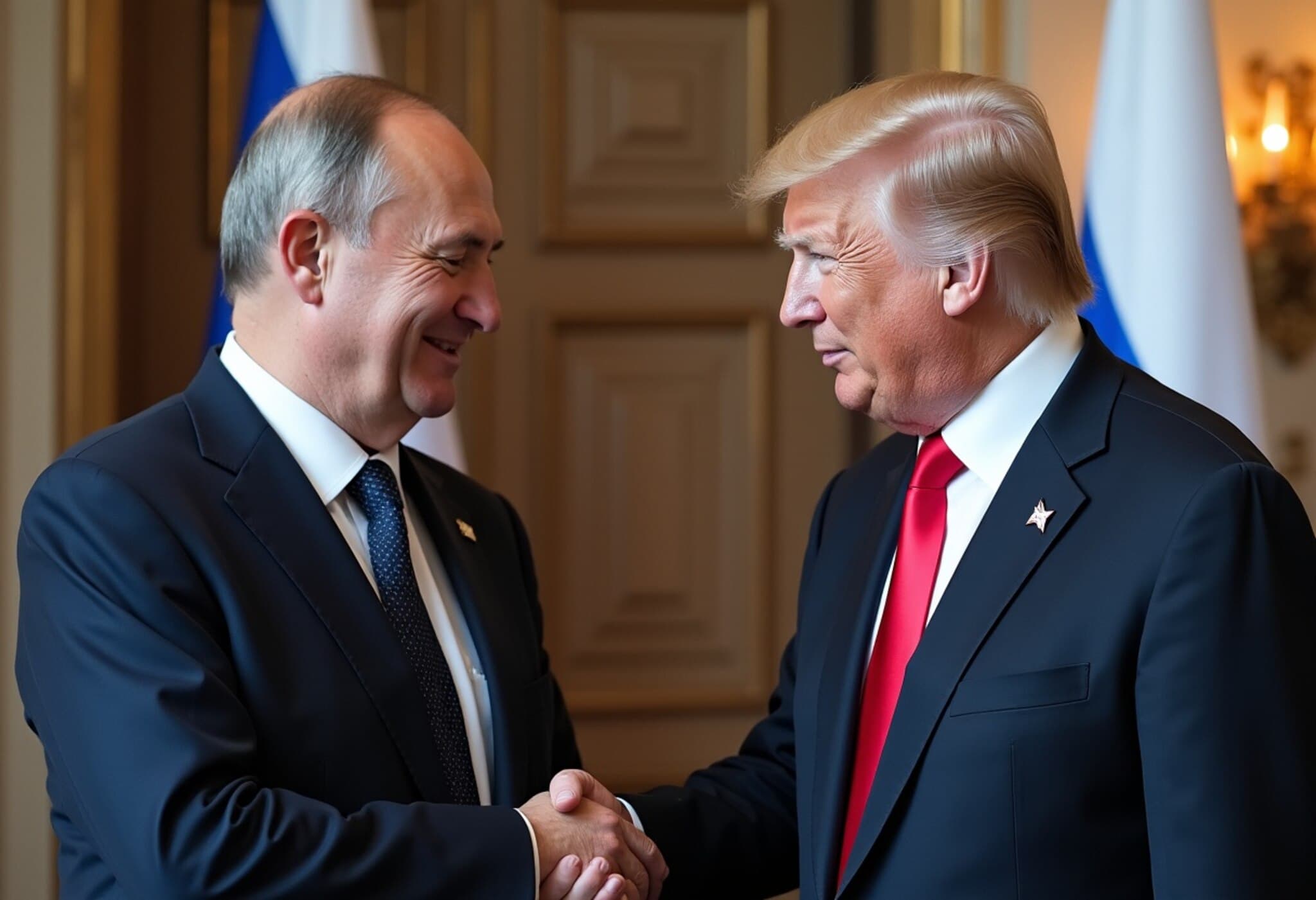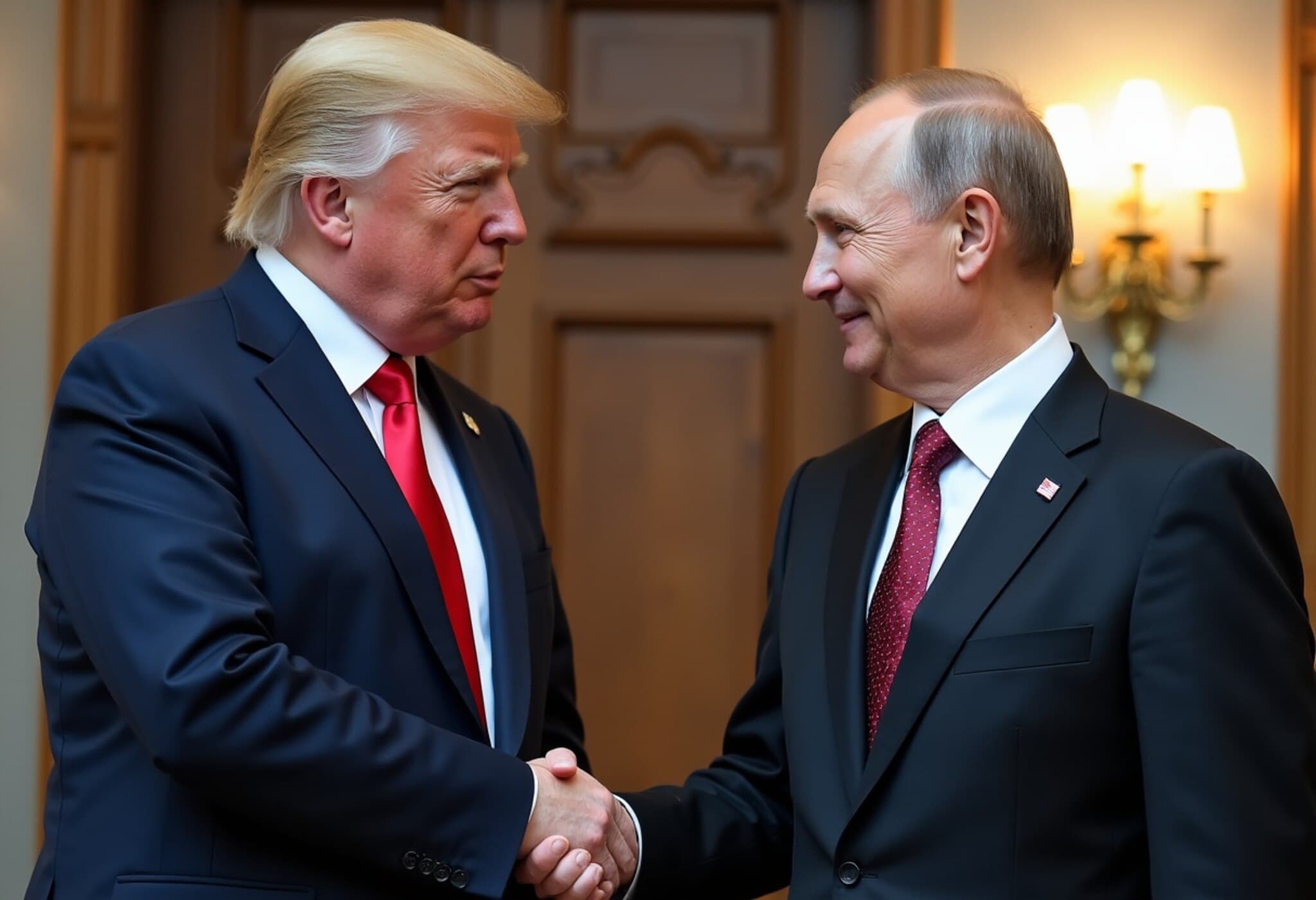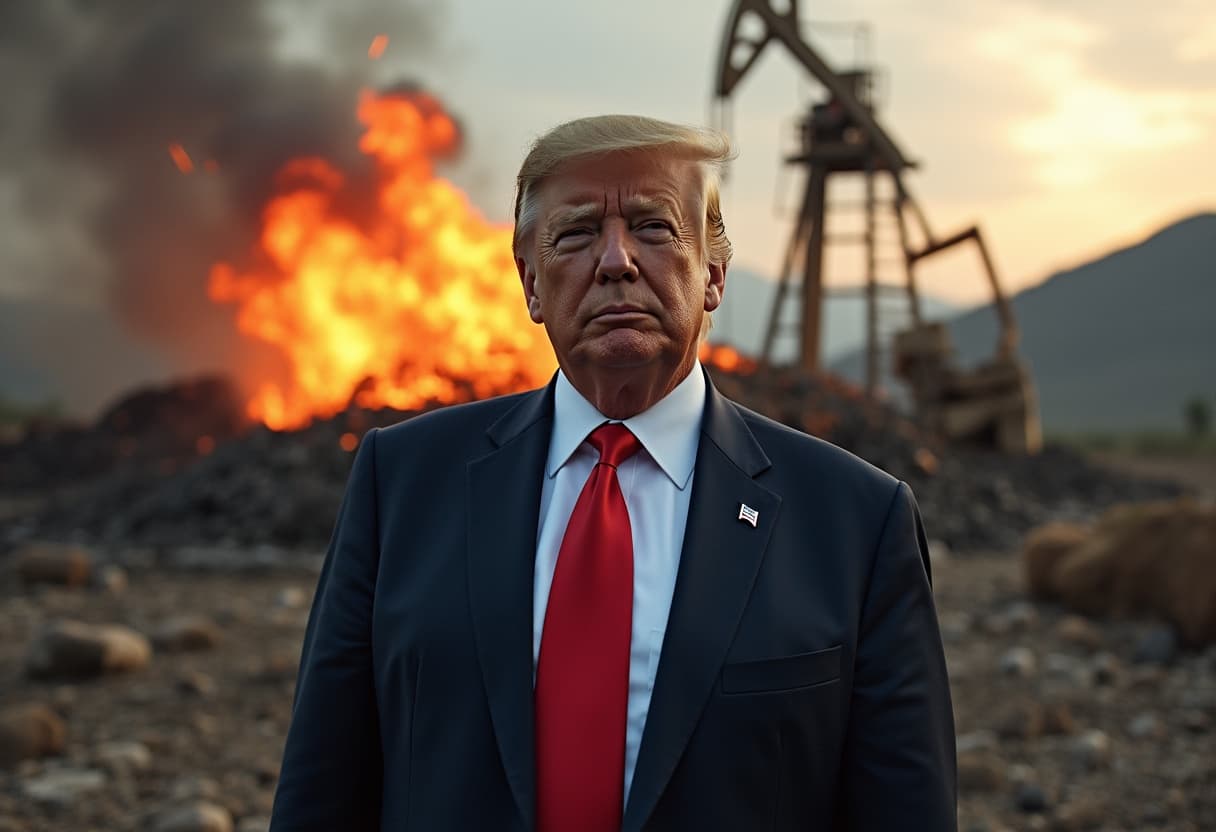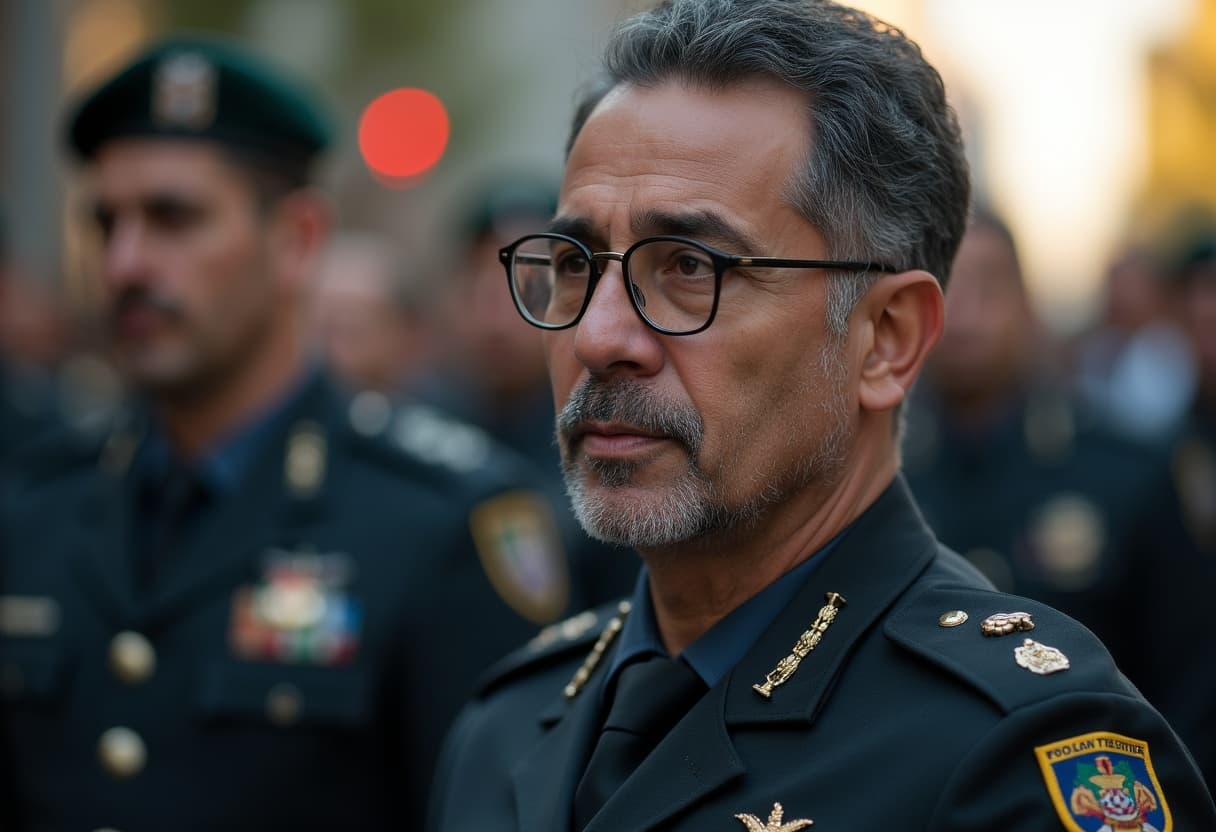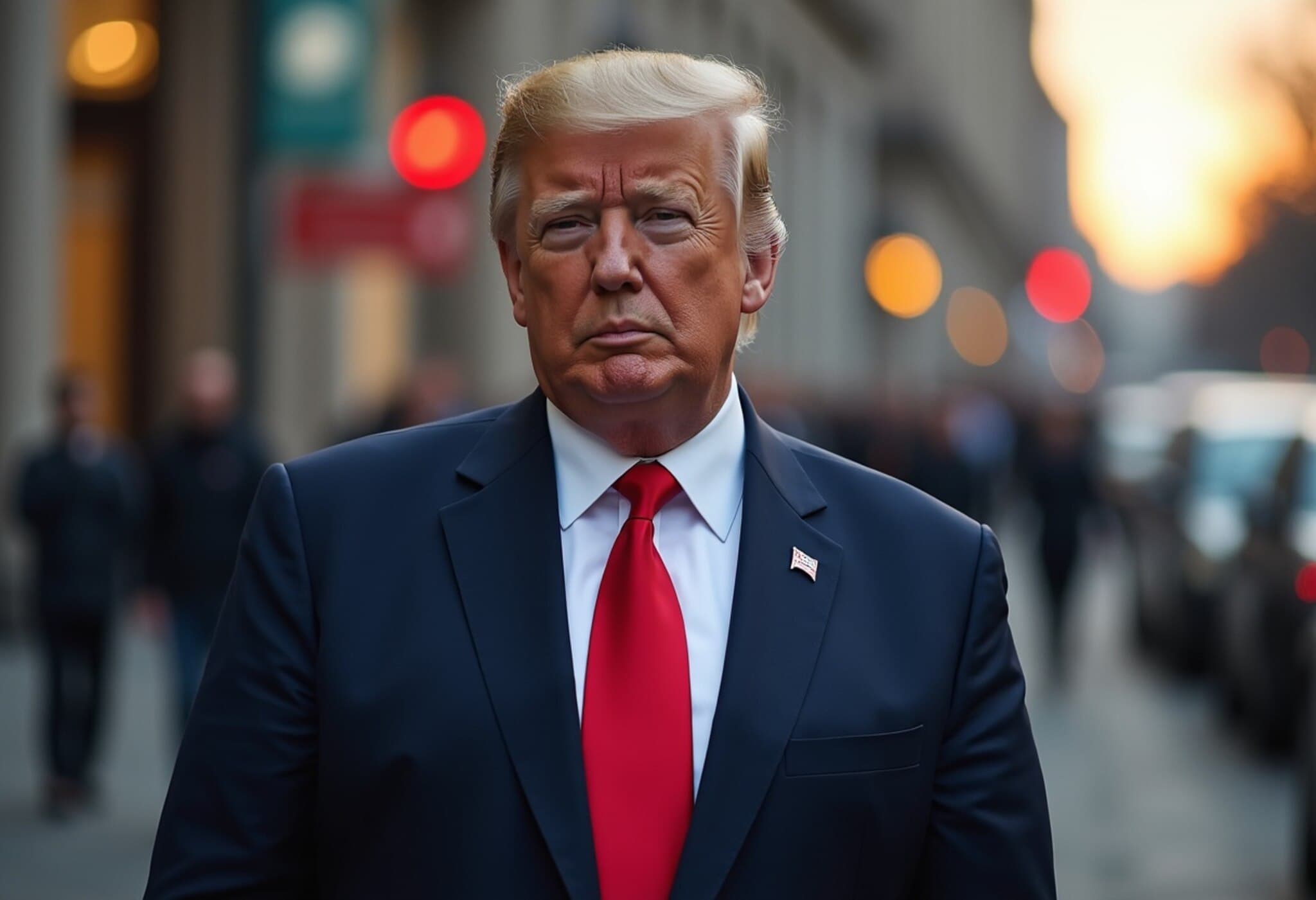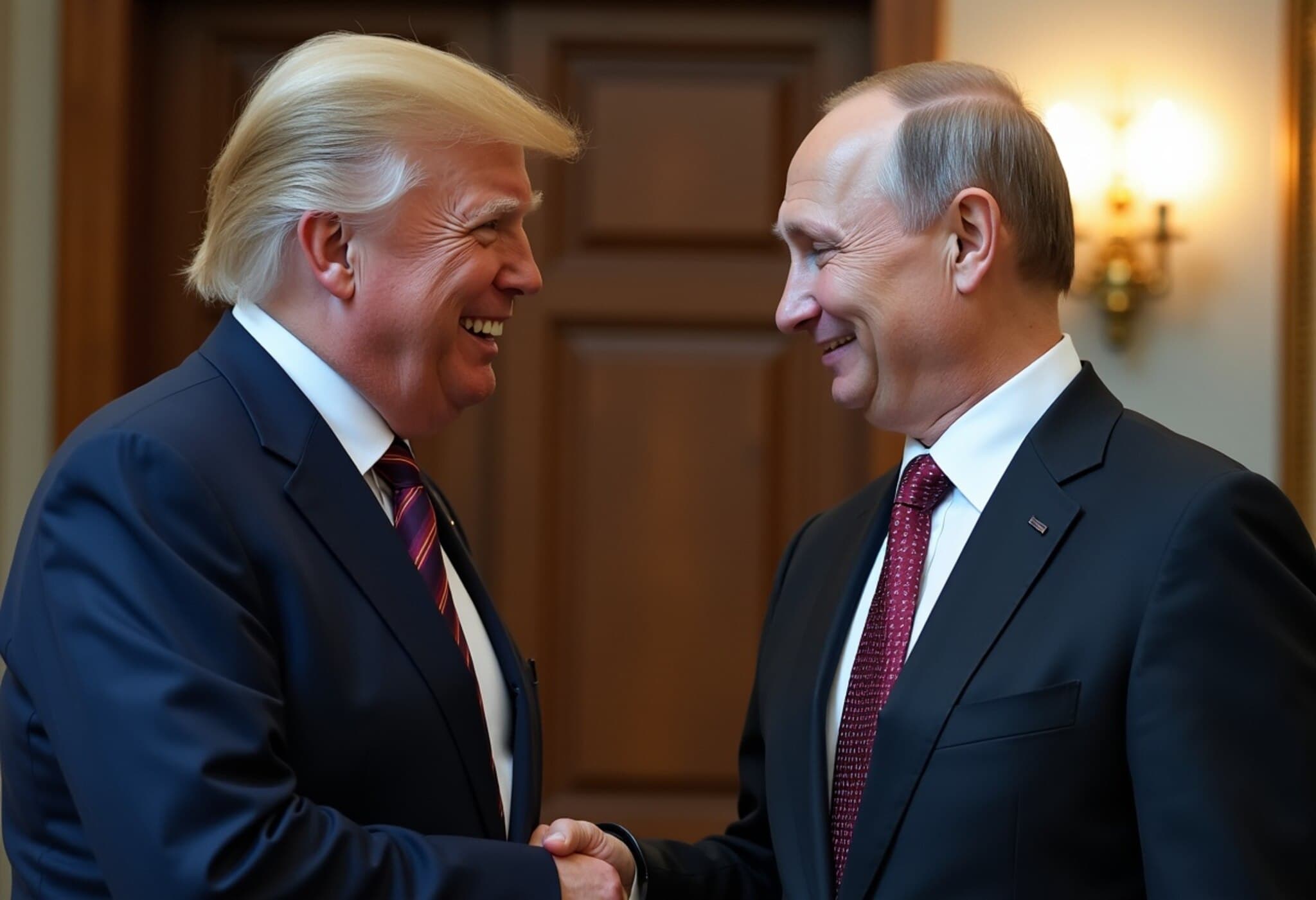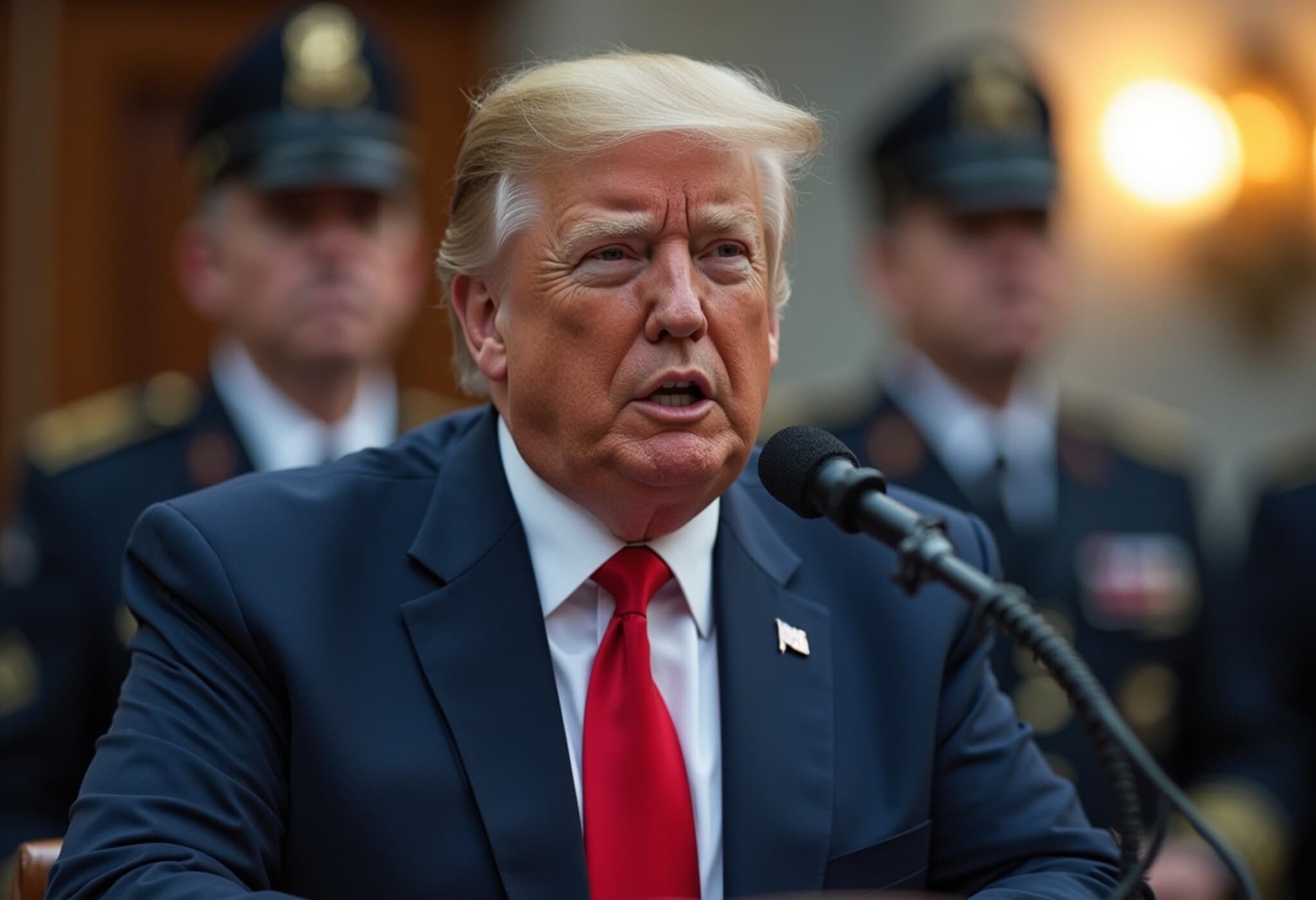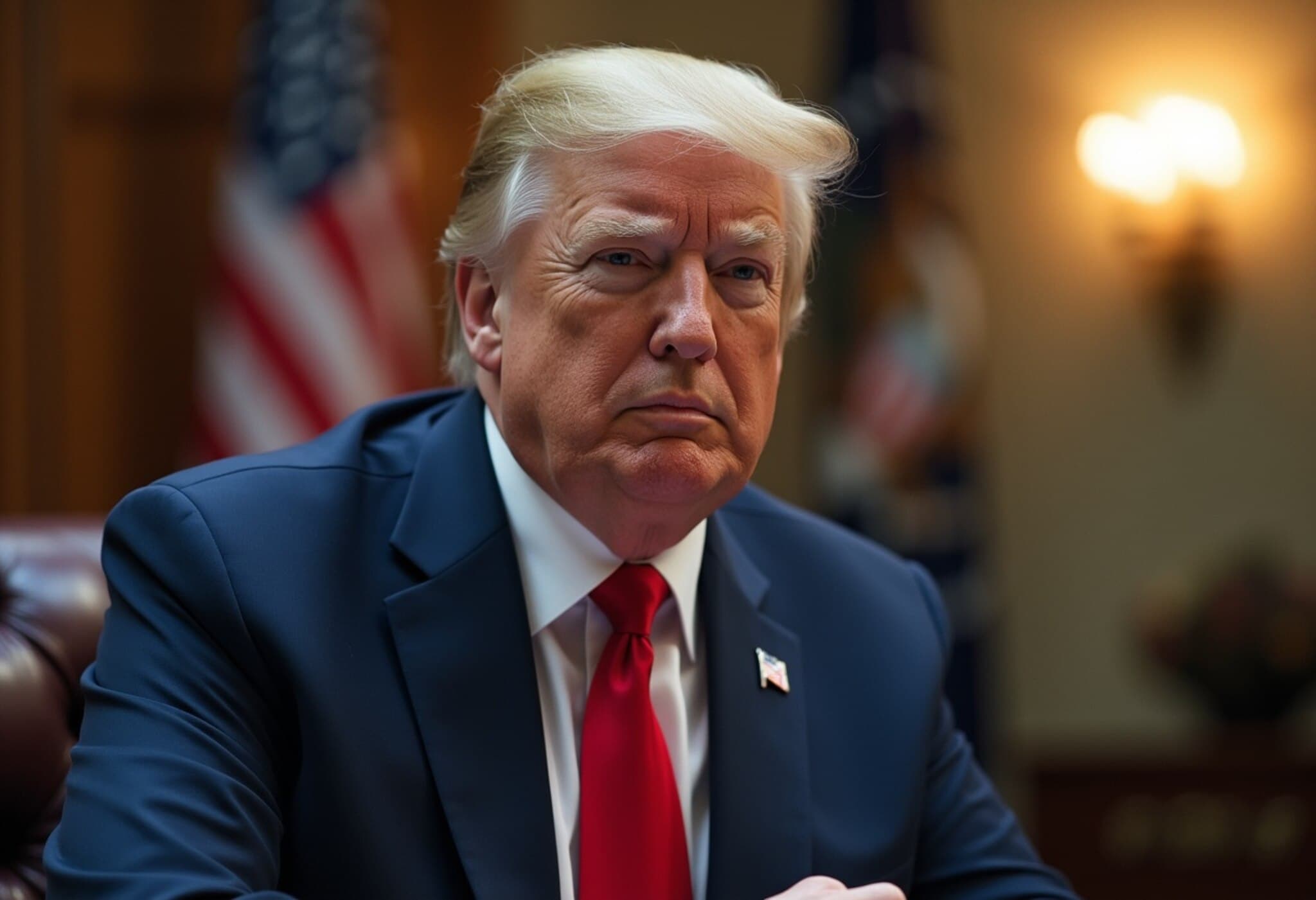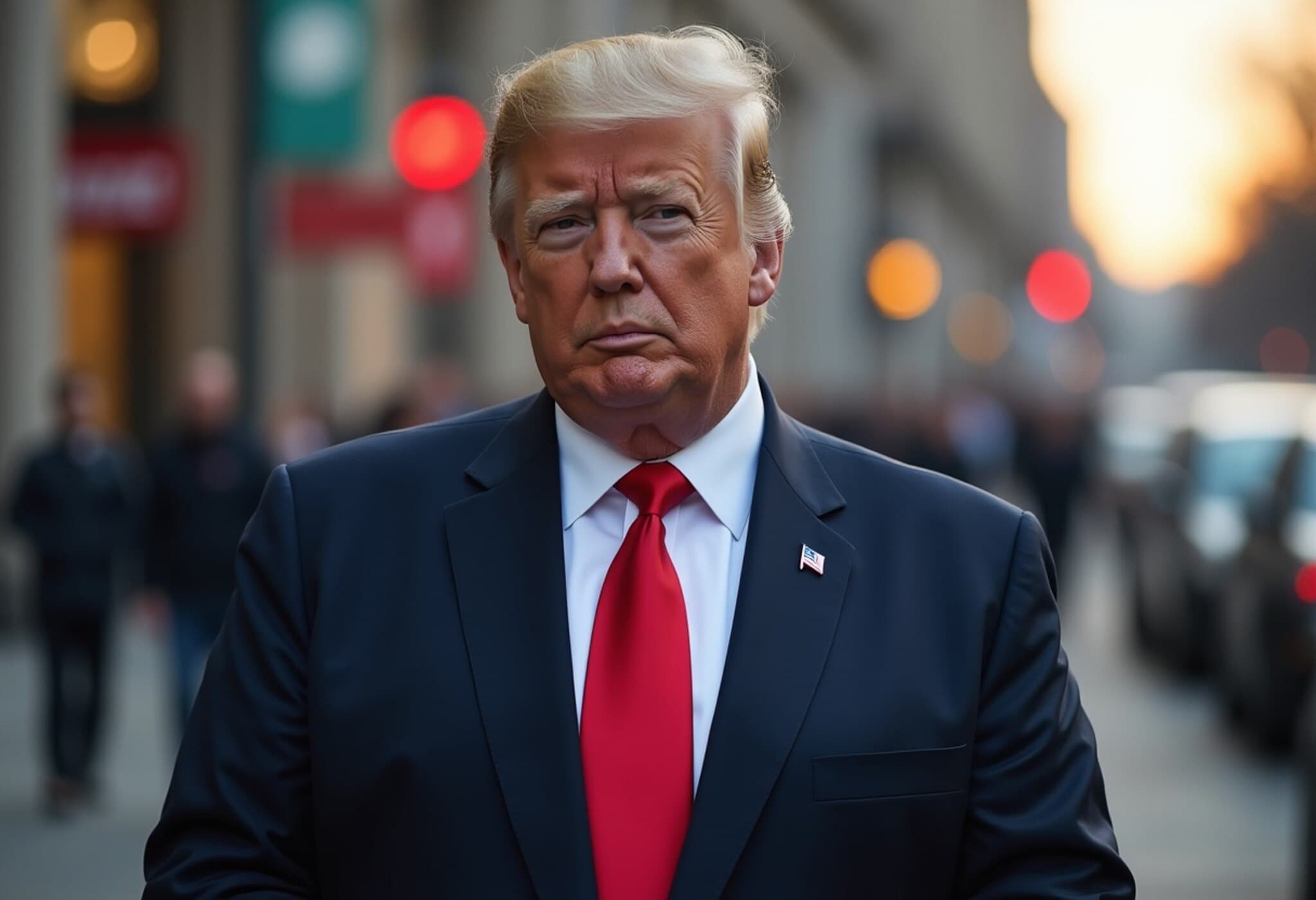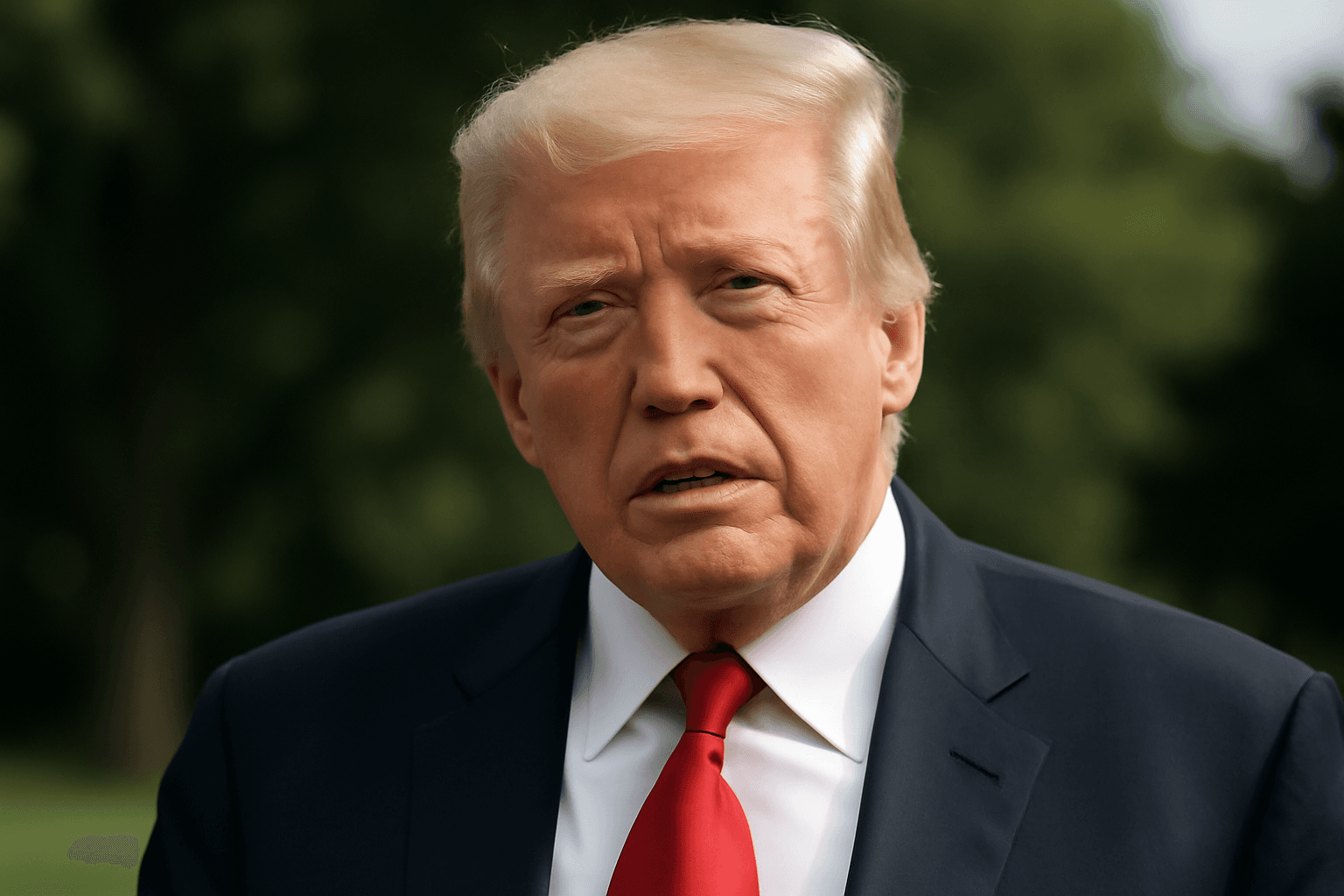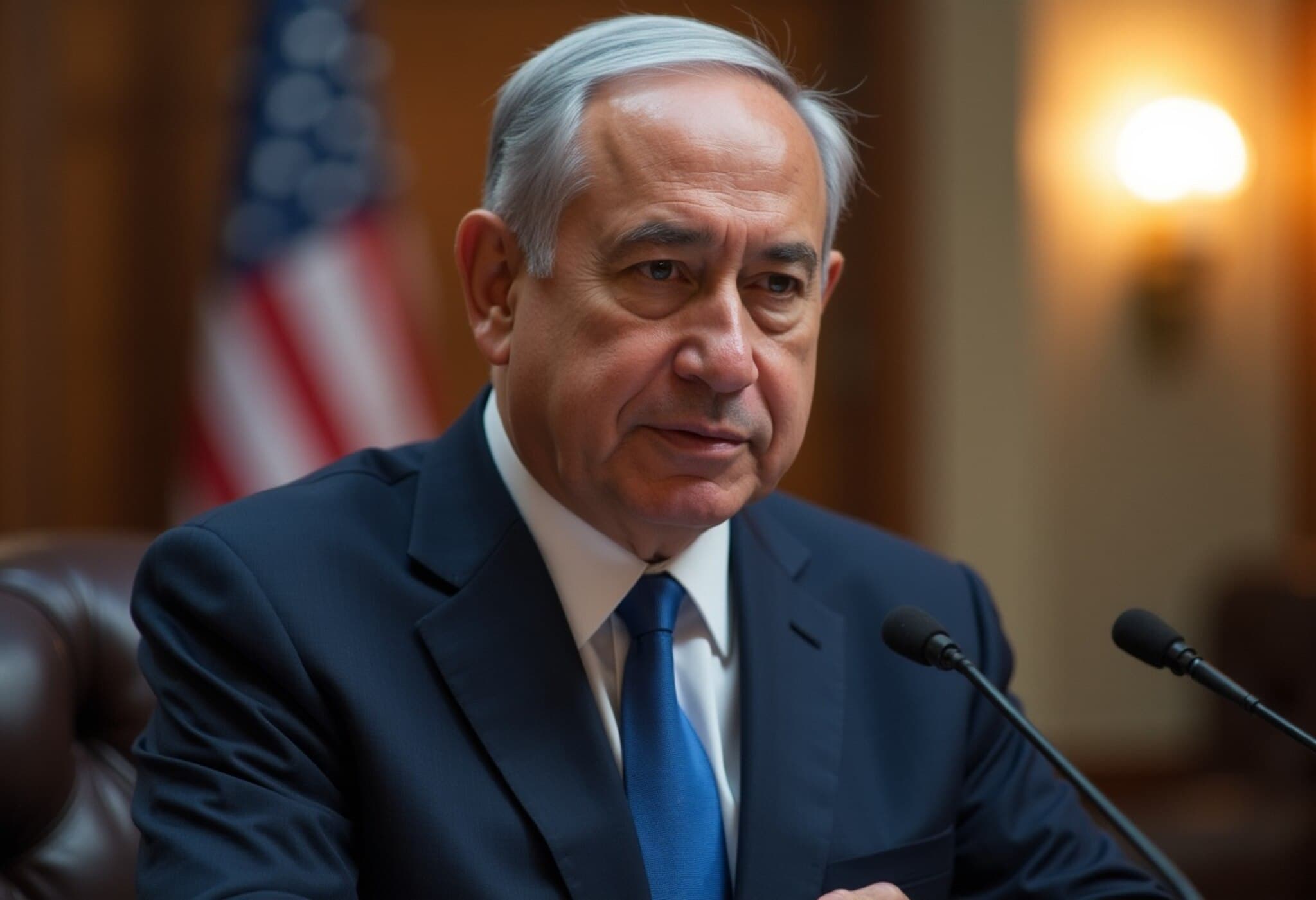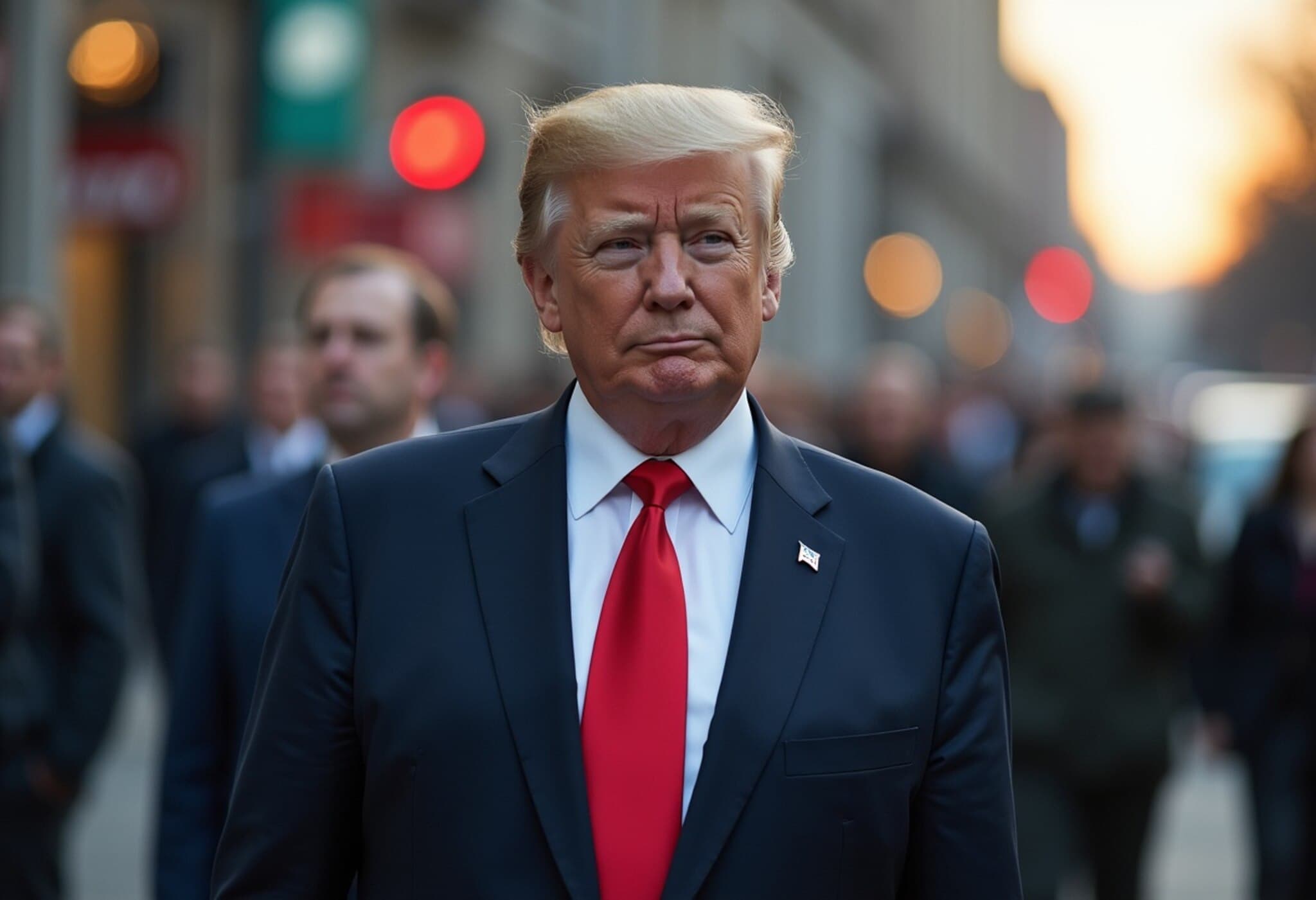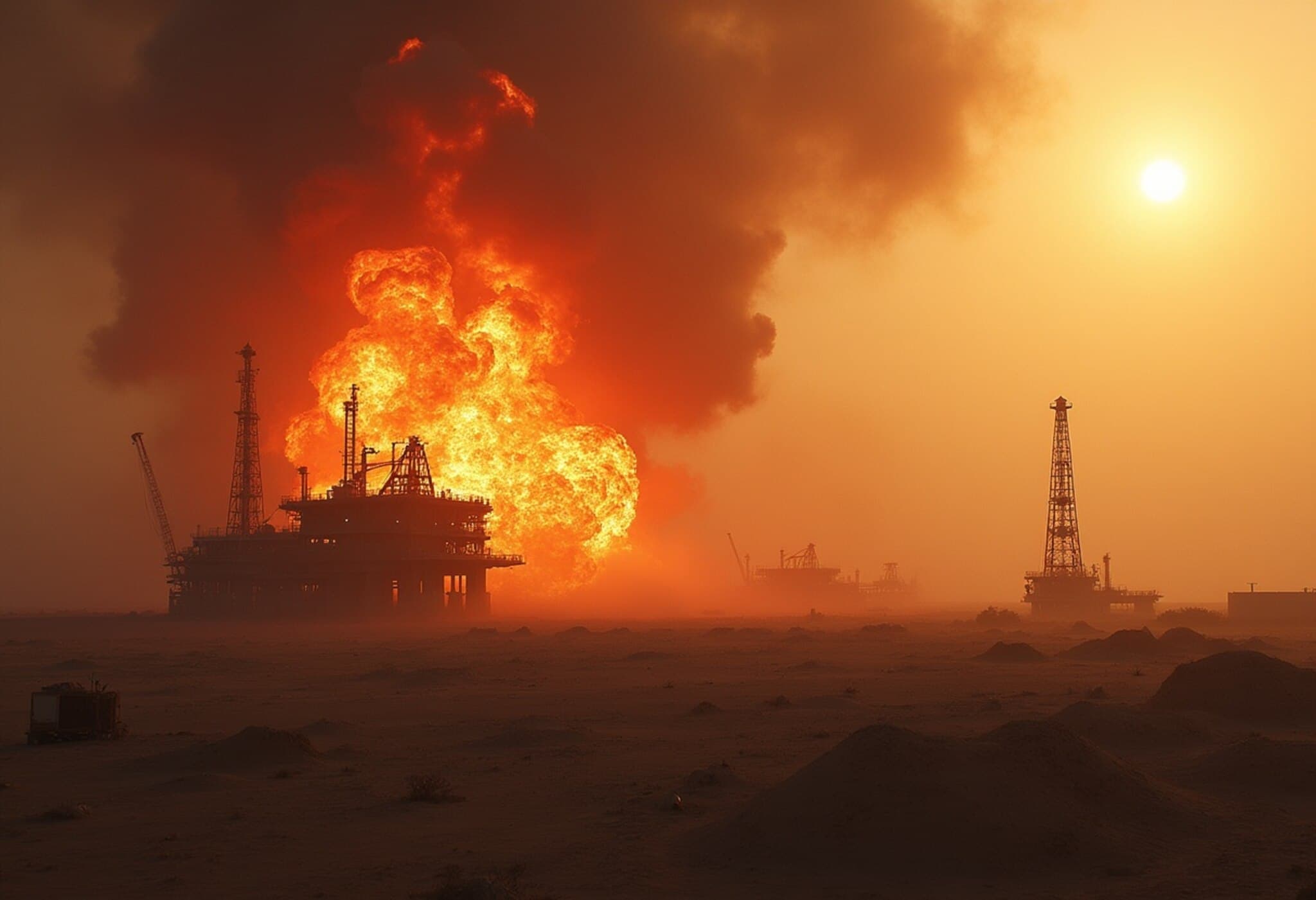Trump Expresses Disappointment but Maintains Engagement with Putin
In a candid interview with the BBC, US President Donald Trump conveyed a complex stance towards Russian President Vladimir Putin, stating he was "disappointed" but not finished dealing with him, hours after pledging new military aid to Ukraine, including advanced Patriot missile systems. The president's comments come amid escalating efforts to pressure Russia towards a ceasefire in the ongoing conflict in Ukraine.
Warning Russia: Ceasefire or Face Consequences
Trump issued a firm ultimatum to Moscow, demanding a negotiated ceasefire with Kyiv within a 50-day window, warning that failure to comply would lead to stricter sanctions targeting Russia’s export economy, especially its vital oil sector. This marks a notable shift in Trump’s Russia policy, reflecting growing frustration with Putin’s persistent military aggression despite previous tentative diplomatic advances.
"I Trust Almost No One" – Reflecting on Geopolitical Distrust
When asked about his trust in Putin, Trump was succinct: "I trust almost no one." He recounted multiple attempts to broker peace, saying, "I thought we were close at least four times, but nothing materialized." He painted a picture of a relationship marked by hope and setback, adding, "I’ll think we’re close to getting it done, then he'll knock down a building in Kyiv." This metaphor underscores the volatility and distrust permeating current US-Russia relations.
Support for Ukraine and NATO: A Clear Policy Signal
Despite earlier skepticism about NATO's relevance, Trump reaffirmed his commitment to the alliance and its mutual defense principles during the interview, marking a more traditional Republican stance on collective security. His announcement of military aid to Ukraine signals alignment with Western allies’ efforts to bolster Kyiv against Russian incursions.
- New weapons delivery, including Patriot missile systems, to Ukrainian forces.
- Threatened sanctions on buyers of Russian exports, particularly oil, if a ceasefire is not reached.
- Renewed support for NATO, emphasizing common defense.
Contextualizing the Shift
Coming less than six months after Trump's return to the White House, this sharper approach highlights a balancing act between past conciliatory gestures towards Russia and the pressing realities of Moscow's aggression in Eastern Europe. Policy analysts see this as a pragmatic response to the broader geopolitical landscape and domestic pressures to support Ukrainian sovereignty robustly.
Personal Reflections: The 2024 Assassination Attempt
Addressing the July 2024 assassination attempt against him, Trump chose a reflective tone, suggesting he prefers not to dwell on the incident: "I don’t like to think about if it did change me, could be life-changing." This brief insight reveals the personal weight such events carry for public figures navigating high-stress geopolitical roles.
Expert Commentary: What This Means for US-Russia Relations
The president's blend of disappointment and ongoing engagement encapsulates the strained but critical dynamic between two global powers. While the threat of sanctions signals a firmer stance, Trump's willingness to keep dialogue open suggests room for negotiation—though contingent on Russian compliance with ceasefire demands. This duality reflects the complex interplay of diplomacy, deterrence, and domestic political considerations influencing US foreign policy today.
Looking Ahead: Key Questions for Policymakers
- Will Russia respond to the 50-day ceasefire ultimatum, or will sanctions escalate tension?
- How will NATO’s strengthened role impact regional security and US-Russia negotiations?
- What are the implications for Ukraine’s defense capabilities and European stability?
Editor’s Note
President Trump’s evolving position on Russia and Ukraine reflects the intricate dance of diplomacy and power politics at a critical junction in global affairs. While disappointment with Putin colors the narrative, the administration balances punitive measures with a commitment to dialogue. For analysts and citizens alike, this period demands close attention: will tough sanctions coerce peace, or deepen divisions? The coming weeks are pivotal for transatlantic security and the future of Eastern Europe.

